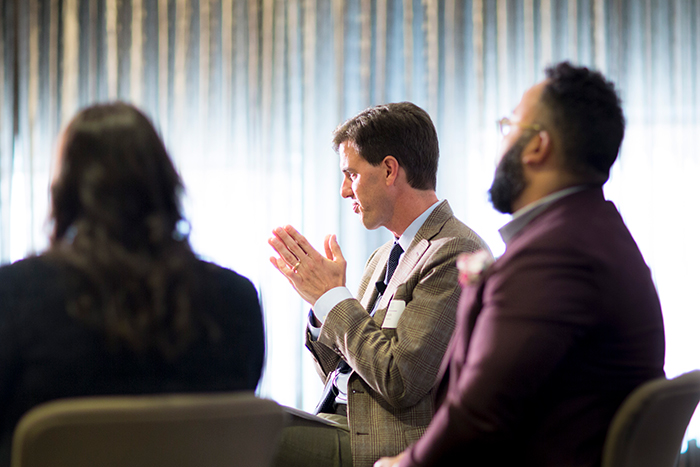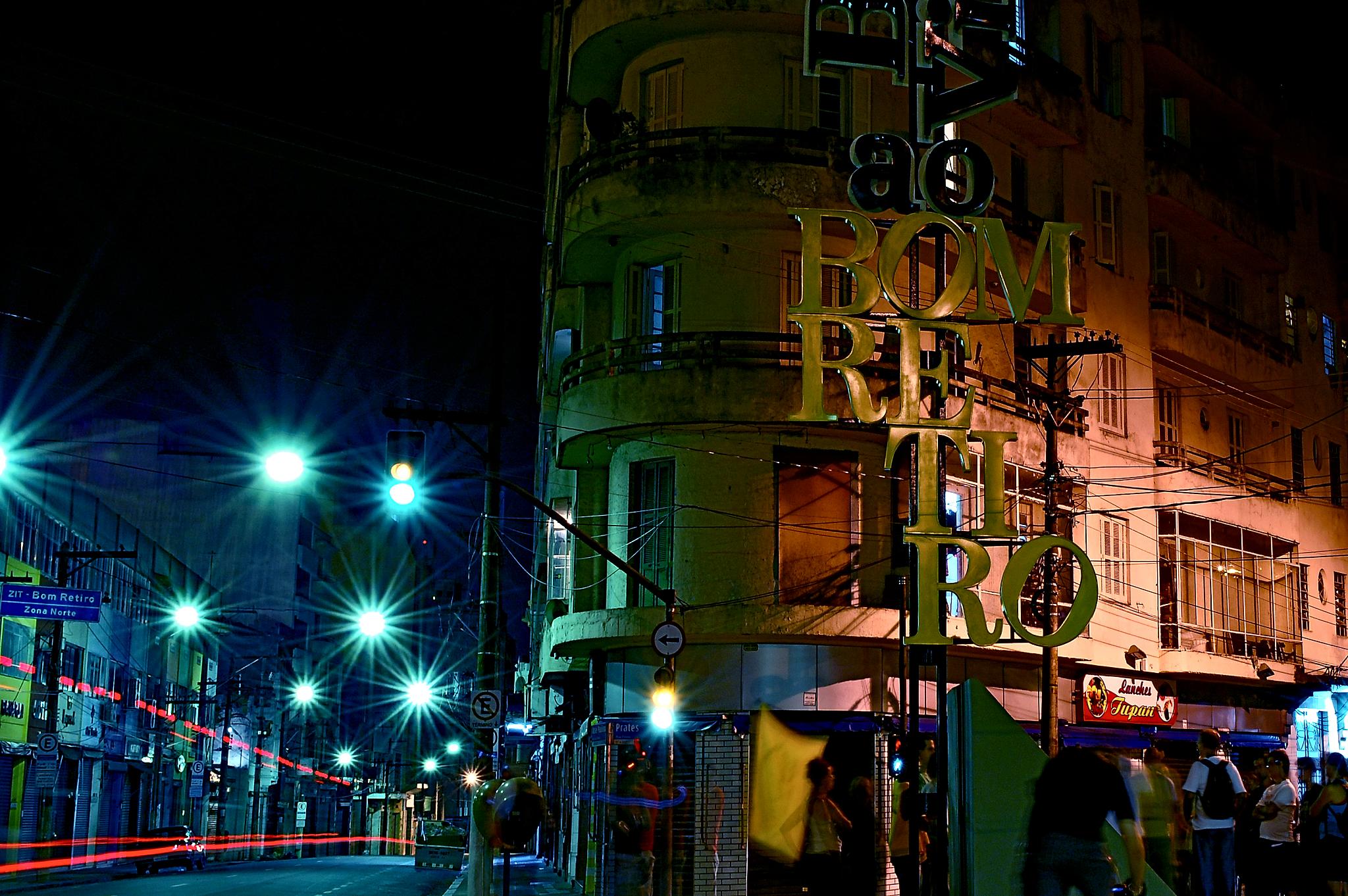Dr. James L. Roark, Samuel Candler Dobbs Emeritus Professor of History, contributed to the May 1, 2017 New York Times article, “AP Explains: Could the Civil War Have Been ‘Worked Out?'” Roark is a specialist on southern and nineteenth-century american history and provided commentary in response to President Donald Trump’s conjecture that Andrew Jackson “never would have let [the Civil War] happen.” Read Professor Roark’s analysis below and check out the full Associated Press piece here.
“COULD IT HAVE BEEN AVOIDED?
“Probably not, according to James Roark, an author and retired history professor at Emory University in Atlanta.
“‘As it got tangled with American politics and regional interests, nobody could figure out a way to save both the Union and preserve slavery in the South,’ he said. ‘It wasn’t for a lack of talking. There was plenty of talking.'”




